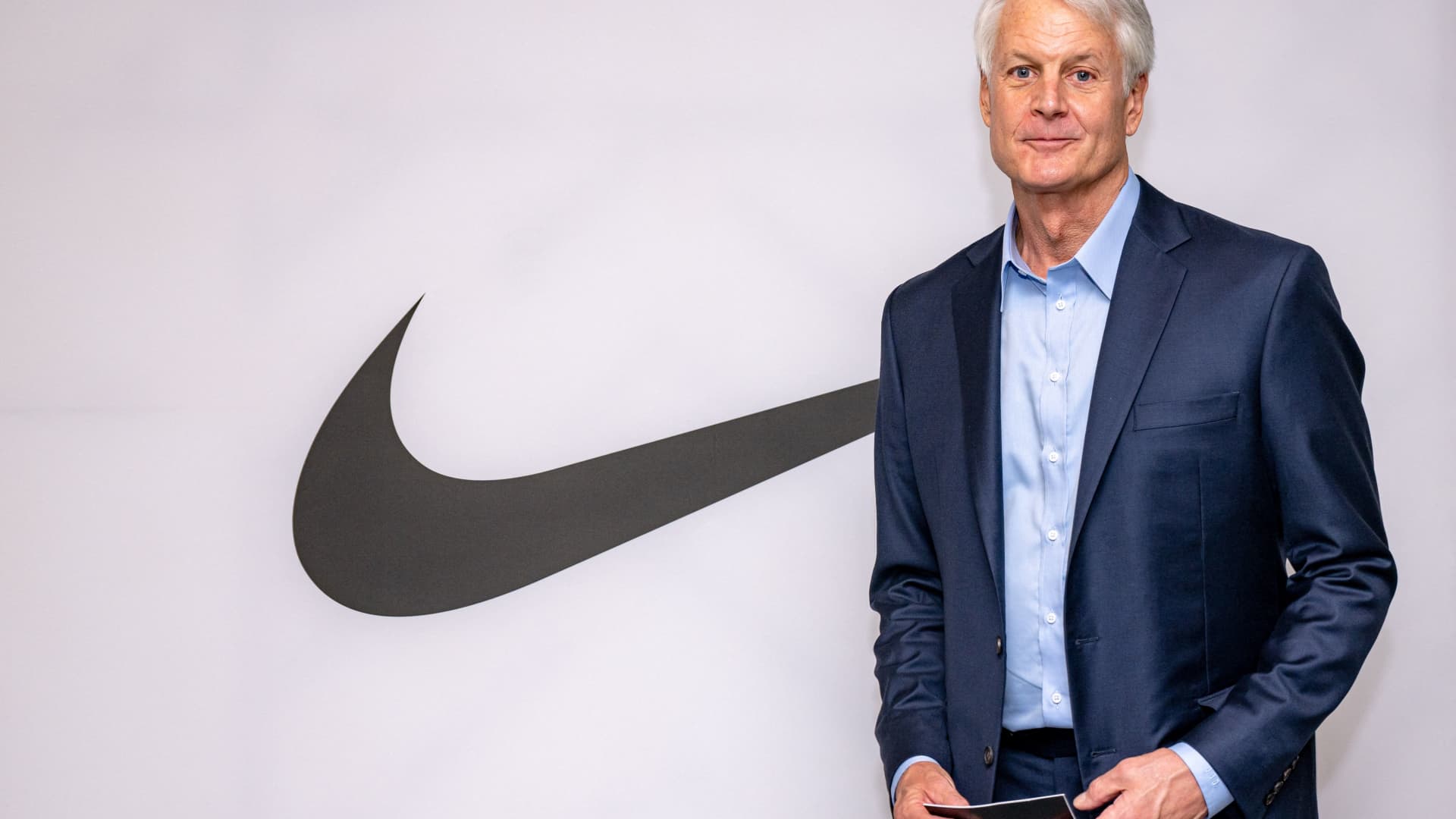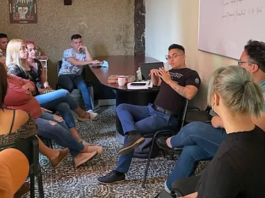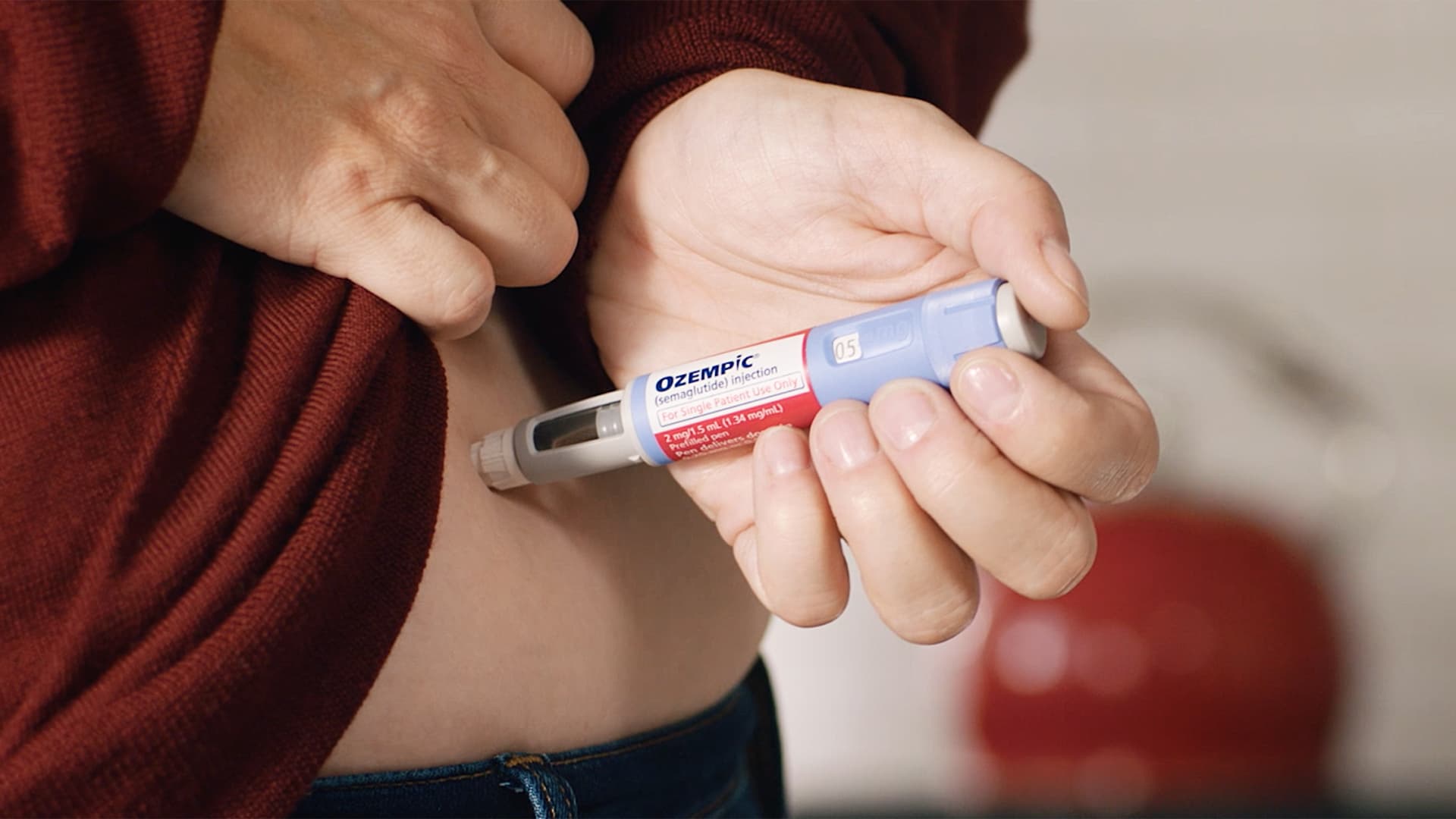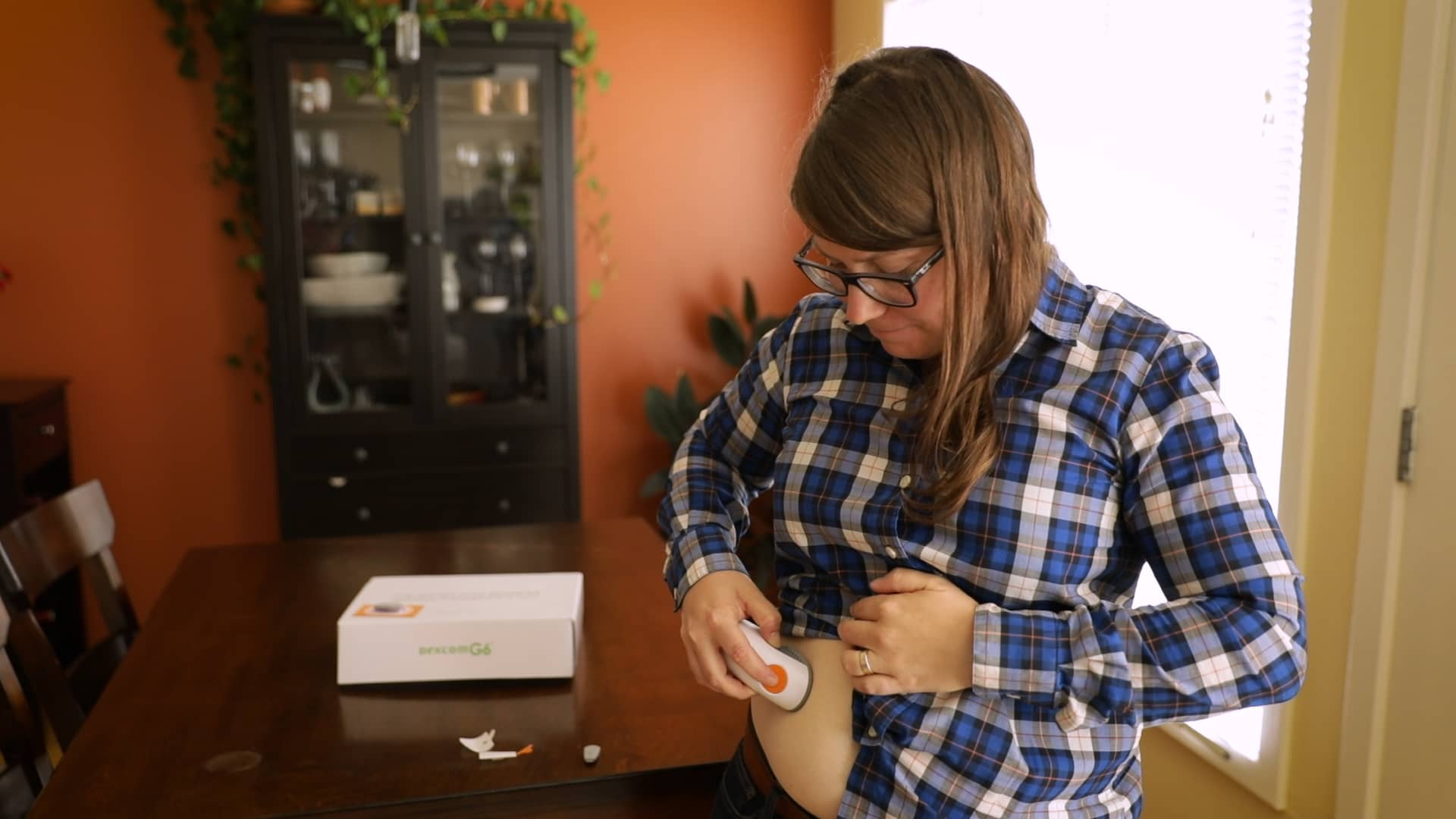[ad_1]
For leaders in corporate America, sleep is often the rare luxury they don’t have and can’t buy.
Success, especially early success, rarely comes without pulling some all-nighters, but among the market’s most well-known leaders, there is recognition that burning the midnight oil is not a smart long-term strategy for productivity.
“I’ve tried to sleep less, but even though I’m awake more hours, I get less done. And the brain pain level is bad if I get less than six hours of sleep per night,” Elon Musk said in a recent interview with CNBC’s David Faber.
“I knew I wasn’t as sharp when I was operating mostly on caffeine and adrenaline, but I was obsessed with work,” Bill Gates said in a blog post back in 2019.
Nike CEO John Donahoe leads a hectic life, and deals with a wide range of issues, those both predictable, such as managing margins for a Wall Street quick to sour on any signs of financial challenges, to the geopolitics of being a massive U.S. business presence in China, and the social, culture and political issues that have made corporations a target of factions on both the right and the left.
That’s a list of issues that could lead one to lose sleep.
Donahoe, well aware of this health risk, told attendees at the recent CNBC CEO Council Summit in Santa Barbara, California, that he has been running an experiment on himself to manage his sleep in a way that works with his life and work demands. Donahoe can’t get seven hours of sleep every night, but he said that he tries to hit 70 hours of sleep every 10 days. Hitting this target, rather than exactly how much sleep he gets per night, is a sleep science workaround that the Nike CEO says has been working for him.
That won’t necessarily work for you, though. Several sleep experts consulted by CNBC say Donahoe’s approach is insufficient. Sleep science research has consistently shown that the average adult should aim for seven hours of a sleep each night. However, scientists stress that the ideal amount of sleep varies from person to person. Some people need more, some need less. And with the demand of some occupations, seven hours may not be feasible.
The key, sleep scientists say, is giving your body time to rest, which is crucial to increase attention span and improve overall health.
Don’t rely on anyone else’s sleep tricks. Study yourself.
It’s not necessarily always going to be the recommended seven hours of sleep that will ensure a good night’s rest, according to sleep experts. The most important starting point, they say, is to sleep according to your circadian patterns, have a consistent bedtime, and avoid stimulants like caffeine after lunchtime.
Everyone has a circadian rhythm, which is defined as “an internal clock that synchronizes all of the physiological functions in the body.”
These rhythms affect how we sleep, and it’s important to keep these clocks on track.
In order to accurately detect these patterns for ourselves, there are apps, such as “Circadian,” which presents your day-to-day activities in an easy-to-understand diagram, in order to keep you in line with your circadian rhythms. Smartwatches have also been proven to study one’s circadian rhythms based on experiences and provide information on how to adjust as needed. Most daily consumer tech we carry or wear now offers some form of sleep tracking, whether from a third-party app or the device maker. The Apple Watch has a Sleep app, as does Samsung’s Galaxy phone, the Google Fitbit, and the Oura ring.
Sleep is a key pillar to health
Dr. Mark Wu, professor of neurology and sleep medicine at Johns Hopkins University, says not getting enough sleep at night is a big issue in contemporary society.
“We think about sleep as one of the key pillars to health,” Wu said. “There’s many things that can go wrong if you don’t get enough sleep. There’s acute and there’s chronic issues. In the acute phase, you are basically sleepy the next day. Then, your attention is reduced, and attention is the foundation of all your mental processes. In the long term, if you don’t get enough sleep, there’s health outcomes that can occur.”
Science suggests that being up for prolongated amounts of time, like Musk and Gates once did, is equivalent to alcohol intoxication. According to the National Institute for Occupational Safety and Health (NIOSH), being awake for 24 hours is like having a blood alcohol content of 0.10%. The United States legal limit for driving is 0.08%.
Sleep, the heart, and the circulatory system
The National Heart, Lung, and Blood Institute says not hitting a healthy amount of sleep each night not only affects how we think, it can also affect our heart and circulatory system, metabolism, respiratory system, and immune system.
When our circadian patterns are out of sync, the chances of disease increase.
Not sleeping well has been proven to promote glucose intolerance, which can lead to diabetes, even in individuals who appear to be completely healthy. Obesity is another risk, because not getting enough sleep may affect the part of the brain that controls our hunger. Blood pressure is a concern as well. The less sleep we get, the higher our blood pressure becomes, leading to risks for heart disease and stroke. The worst forms of sleep deprivation have severe health repercussions. Insomnia, for example, is linked to a higher chance of developing depression.
One nine-year study conducted at Ball State University found that sleep deprivation has been increasing across all American working demographics in recent years, though the risks are higher in some professions. Short sleep duration rates were found to be especially high for those working in protective services and the military, health care, production jobs, and transportation.
Dr. Jagdish Khubchandani, professor of public health at New Mexico State University and a contributor to the Ball State study, says managing sleep is part of the work-life balance that we must be the leader in maintaining. In that sense, Nike’s CEO is taking the right approach.
“You are the No. 1 player,” Khubchandani said. “In the American workforce, that’s where we have to start the thinking. There’s no one here to monitor my sleep, and I have to take care of myself.”
—By Emily Grill, CNBC Strategic Content Intern
[ad_2]
Source link



